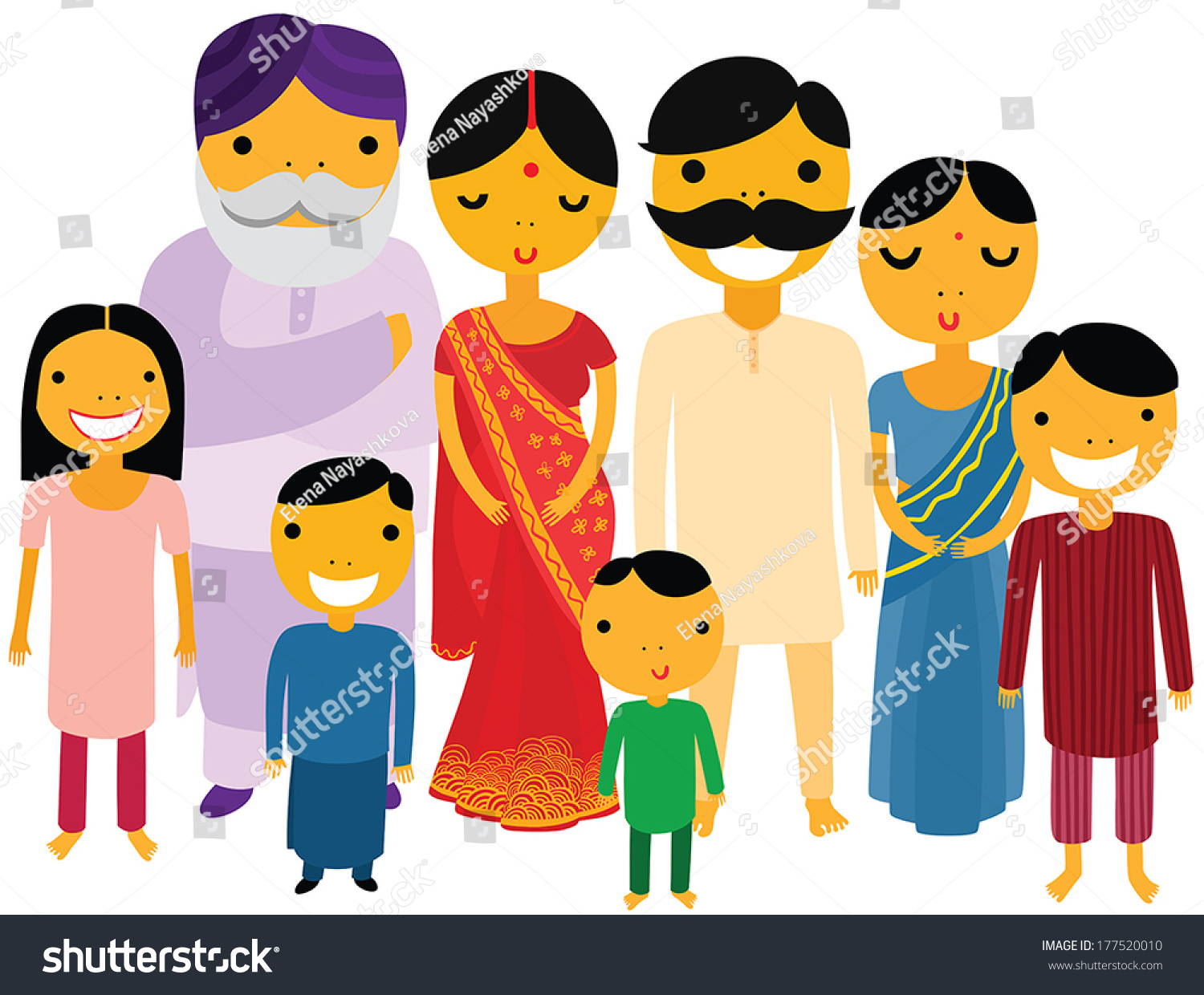Parenting Culture in Vietnam.
Vietnam
is a one of the special country that existed in South East Asian. Vietnamese
culture is very complex, in part due to the involvement of many groups in
Vietnamese history. As we know Western culture promotes individuality, the
family unit is very important in Vietnamese culture. This emphasis on collectively
includes an obligation to provide for the welfare of family members. Family
members are expected to work and behave for the good of their community.
Families may publicly criticize a member who is ill behaved; they may also know
as family achievements. Each member has a designated kinship term, and these
are used when addressing one another.
Even though the family
is seen as a unit, the father or an older male has the highest responsibility
and acts as an authority leader while delegating tasks and involving others in
the decision making. From a very young
age, the father and other family members educate the children on “filial piety,”
a key part of Vietnamese culture which requires that children give parents and elders
respect, love, and care.
In Vietnam, the family is consist of patriarchal ( relating to, or characteristic of a system of society or government controlled by men ) , patrilineal ( based on relationship to the father or descent through the male line ), and patrilocal ( relating to a pattern of marriage in which the couple settles in the husband's home or community ) . It is often we could see family members with two to four generations lives under one roof. There is the immediate family and the extended family. In Vietnam, the immediate family is the nuclear family plus the husband's parents and the grown sons' spouses and children. Grandparents help with childcare and children help with chores. Younger siblings are to respect and obey older siblings, and aunts and uncles, which also are treated as their parent as well.
Source: https://ethnomed.org/culture/vietnamese/vietnamese-cultural-profile
In Vietnamese society,
the father is the head and the leader of the family. However, unlike the father
in traditional Chinese society, who is empowered, at least theoretically, with
absolute rights over his children and wife, the Vietnamese father shares with
his wife and children collective and bilateral responsibility, legally,
morally, and spiritually.
In the relationship
between parents and children, as well as between husband and wife, the
Vietnamese people maintain most of their own custom and tradition, despite the
great influence of Chinese culture and Confucian doctrine. In the eyes of the
children, the Vietnamese mother has the same status as the father. She is also having
the power of love and the spirit of self-denial and sacrifice.
Vietnamese parents
consider it a most important responsibility to brought up their children. By
virtue of the principle of collective responsibility, the parents will bear and
face the disgrace brought about by the activities of children who dishonor
themselves just as they share the honor and fame of their virtuous and
talented children.
At an early age,
children are taught by their parents to behave according to the principle of
filial piety. The family is the school in which the child learns the respect
rules in both behavior and linguistic response. Filial piety consists of
loving, respecting, and obeying one's parents. Talking back or acting rebelliously
to the wishes of one's parents is evidence of lack of filial piety. For the
Vietnamese, the obligation to obey his parents does not end with coming of age
or marriage. Filial piety also means solicitude and support to one's parents,
chiefly in their old age. Vietnamese elderly people will never live by themselves or
in nursing homes but with one of their children, usually their eldest son.
This obligation is
not discontinued by the parents' death. It survives in the form of ancestral
cult and the maintenance of ancestral tombs. Ancestor worship is practiced in
most, if not all, Vietnamese homes even in the homes of Vietnamese people
living overseas. The child who lacks filial piety is rejected and expatriate by
other members of the family and community. The worst insult which a Vietnamese
can receive and by which he is deeply wounded is the expression "lack
filial piety"
In Vietnamese culture,
the relationship between siblings is determined by the principle of seniority,
which requires younger siblings to respect and obey older ones. The eldest
brother is entrusted with a heavy responsibility that of substituting for the
parents in case of emergency. He is considered by his siblings as their leader.
Concord and love among siblings is a sign of happy and virtuous family.
Source: http://www.vietspring.org/values/family.html
















